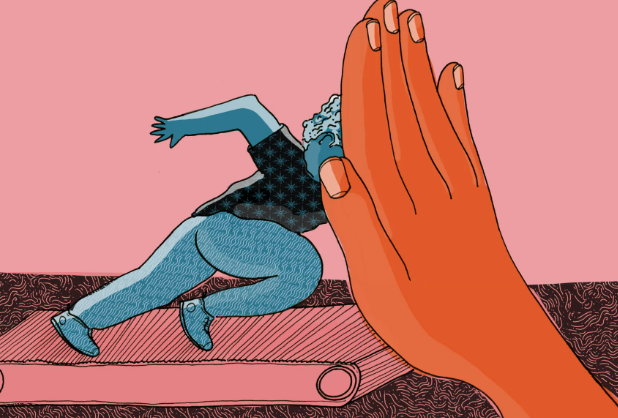Rejection Sensitivity Disorder (RSD) is a condition that often coexists with attention deficit hyperactivity disorder (ADHD) and can significantly impact an individual’s emotional well-being and daily life. In this blog, we will explore what RSD is, why it occurs, and how it affects individuals with ADHD. We’ll also delve into the neurological underpinnings of RSD and discuss three effective strategies to combat it.
What is Rejection Sensitivity Disorder (RSD) ? Why is it connected to ADHD
Rejection Sensitivity Disorder, abbreviated as RSD, is a heightened emotional response to the perception of rejection or criticism from others. People with RSD tend to be extremely sensitive to social cues, misinterpret them as signs of rejection, and react strongly to these perceived slights. This can lead to a range of emotional responses, such as anxiety, anger, sadness, and fear

, often triggered by the anticipation or experience of rejection.
Why Does RSD Happen?
The exact causes of RSD are not fully understood, but it is believed to be related to a combination of genetic, environmental, and neurological factors. Individuals with ADHD may be more susceptible to RSD due to their already altered brain chemistry and executive functioning. ADHD can lead to difficulties in regulating emotions and impulsivity, making individuals more prone to interpreting social interactions negatively.
Examples of RSD
Imagine a student with ADHD who hands in a school assignment. When the teacher takes a moment to review the work and then offers constructive feedback, the student may immediately feel crushed and rejected, even if the feedback is meant to be helpful. This intense emotional reaction is a classic example of RSD. Another example could be a person with ADHD who perceives a friend’s delay in responding to a text as a sign that they are no longer valued, leading to intense anxiety and self-doubt.
How RSD Affects Day-to-Day Life
RSD can have profound effects on an individual’s day-to-day life. It can lead to social withdrawal, avoidance of new experiences or challenges, and difficulties in forming and maintaining relationships. People with RSD may become hypervigilant, always on the lookout for signs of rejection, which can be emotionally exhausting. It can also contribute to a negative self-image and low self-esteem, as individuals with RSD often internalize the belief that they are fundamentally unlikeable or flawed.
Neurological Underpinnings of RSD
Research has shown that RSD has neurobiological underpinnings, which can help us better understand why it occurs. Neuroimaging studies have revealed that individuals with RSD may have differences in brain regions associated with emotional regulation, such as the amygdala and prefrontal cortex. These differences can contribute to heightened emotional responses and difficulty in accurately interpreting social cues.
Additionally, neurotransmitters like serotonin and norepinephrine, which are implicated in mood regulation and emotional responses, may play a role in RSD. It is suggested that imbalances in these neurotransmitters can contribute to the heightened sensitivity to rejection and criticism seen in RSD.
Three Effective Strategies to Combat RSD
1. Cognitive-Behavioral Therapy (CBT) for Rejection Sensitivity Disorder:
CBT is a widely recognized therapeutic approach that can be particularly beneficial for individuals with RSD. This form of therapy helps individuals identify and challenge negative thought patterns and irrational beliefs related to rejection. By learning to reframe their thinking and develop healthier coping strategies, individuals with RSD can reduce the intensity of their emotional reactions to perceived rejection.
2. Mindfulness and Emotional Regulation:
Practicing mindfulness techniques can help individuals with RSD become more aware of their emotional responses in real-time. By learning to observe their thoughts and feelings without judgment, they can gain better control over their reactions. Mindfulness can also be combined with emotional regulation techniques, such as deep breathing and progressive muscle relaxation, to manage the intense emotions triggered by RSD.
3. Medication Management for Rejection Sensitivity Disorder
In some cases, individuals with RSD and coexisting ADHD may benefit from medication. Medications commonly used to treat ADHD, such as stimulants or non-stimulants, can help improve executive functioning and impulse control, which in turn may reduce the emotional volatility associated with RSD. It’s important to consult with a healthcare professional to determine the most appropriate medication and dosage.
Conclusion
Rejection Sensitivity Disorder (RSD) is a challenging condition, often coexisting with ADHD, that can significantly impact an individual’s emotional well-being and daily life. Understanding its causes and effects is the first step toward managing it effectively. By utilizing strategies such as cognitive-behavioral therapy, mindfulness, emotional regulation techniques, and medication management when necessary, individuals with RSD can gain better control over their emotional responses and improve their overall quality of life. It is crucial to seek support from mental health professionals and create a supportive network of friends and family to navigate the complexities of RSD and ADHD successfully.





